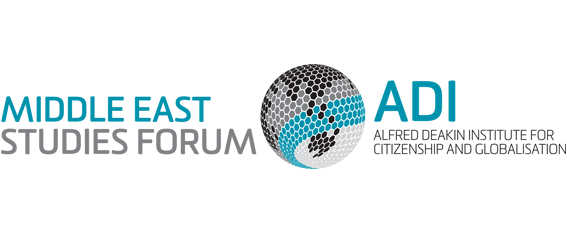In the first candidates’ debate of the campaign, the candidates spent as much of their time responding to each other’s allegations as they did answering questions from the public.
The debate began on economic issues, with Ebrahim Raisi discussing how he would deal with smuggling and removing barriers to productivity. Amir-Hossein Ghazizadeh Hashemi outlined the problem and his solutions for the national currency.
Abdol-Naser Hemmati came out swinging, saying “unlike my friends here in front of you now, I actually know about economics”, saying he had a plan for fairer distribution of wealth, and accused Mohsen Rezaei of holding the country back financially for his part in opposing Iran’s signature for the FATF (Financial Action Task Force), an international body responsible for tackling money laundering and the financing of terrorism. He also accused Rezaei of obtaining his economics degree through intimidation rather than study. Hemmati attacked Saeed Jalili for having Trumpian politics, and then accused five of his opponents of being cover candidates for the sixth, Ebrahim Raisi, saying he will not respond to their criticisms unless they vow not to drop out of the race for Raisi. Hemmati then turned to Raisi, saying he had special respect for him for being a genuine candidate, unlike the others, before attacking his record in the judiciary and accusing him of oppressing the people.
Mohsen Rezaei tried to change the tone of the debate and push the heat back onto Hemmati, saying that the former Governor of the Central Bank had overseen the decline in the economy. Rezaei criticised Hemmati for offering subsidies to “rent-seekers” but not to the poor, and said he had turned the Revolutionary train into a scooter. Rezaei then emphasised that he is a soldier of Iran, and lamented “that Hemmati sympathises with the enemies of the Iranian nation is a great defect on his part”.
Mohsen Mehr-Alizadeh began by outlining the problems of Iran, with 50% of Iranians subsisting below the poverty line and 7 million “heads of households” without a fixed reliable income. Mehr-Alizadeh directed most of his criticism towards Raisi, asking how a man with “seminary literacy” to solve the problems of the economy, asking the Iranian voters if they would hire an unlicensed driver to be their chauffeur. Mehr-Alizadeh said that the judiciary is still run as it was in the days of the Qajars, and Raisi suffers from “Restless Post Syndrome”, meaning he does not stay in one senior role long enough to be effective.
Ali-Reza Zakani directed his criticism for Hemmati, saying that the failure to sign up to the FATF was his fault, and as recently as two years ago he was saying that the FATF was not important. Zakani also said of Hemmati: “you say you want to redistribute wealth but all you have done is redistribute poverty”. Zakani also said the economy needed a leap in production, and needed to deal with tax arrears.
Saeed Jalili continued with the theme of attacking Hemmati, saying that when he was head of the Supreme National Security Council, he had several meetings with Hemmati in which the senior economist was given assistance in solving the problems of Iranian financial institutions, and he failed.
Ebrahim Raisi said “it is very bad that someone in the guise of a presidential candidate destroys others just to get votes” adding that no country has ever solved its problems through slander. Raisi then spoke to his record as an economic manager, particularly in increasing production, before speaking of his positive contributions as Chief Justice, which he said brought him in close consultation with the executive branch of government, and therefore gave him an understanding of the workings of the presidency. Raisi added that “management is the missing link in the country. I can line up many economists to solve the country’s problems but today, people want good management. Today, people are looking for a powerful economic manager who can solve problems”.
Amir-Hossein Ghazizadeh Hashemi echoed Raisi in his criticism of the tone of the debate and the need for good economic management. Ghazizadeh focused on tackling inflation and the housing crisis.
The take away is that Hemmati succeeded in getting all of the candidates talking about him, giving the impression that he is the alternative to Raisi. Whike Raisi succeeded in staying on track, presenting his plan and responding to Hemmati in a measured fashion, debates like these usually favour the underdog over the favourite, and it seems Hemmati turned this debate into being more about him than Raisi. Finally, the amount of time the other candidates spent in responding to Hemmati’s criticisms and levelling their own made them look irrelevant. Ghazizadeh, Jalili and Zakani did nothing to break the impression that they are pro-Raisi candidates. Mehr-Alizadeh was quite sheepish and although the same cannot be said of Rezaei, who did seem well prepared, his message was confused at times.
The next debate is on Tuesday, June 8.

